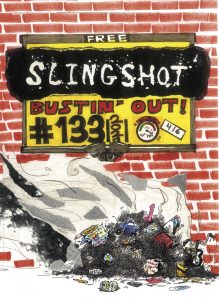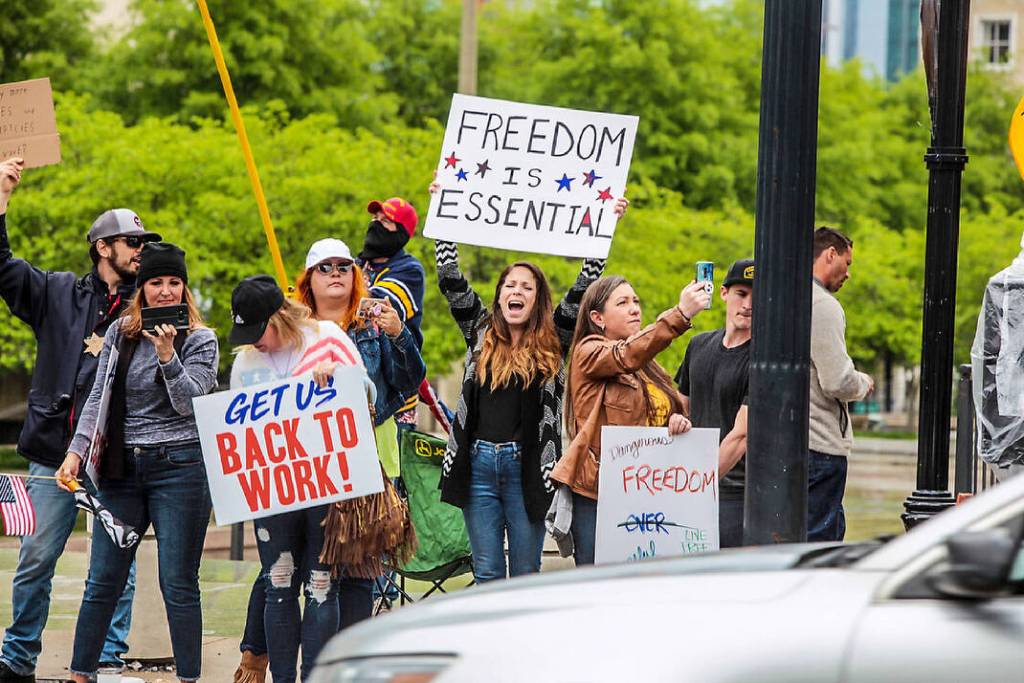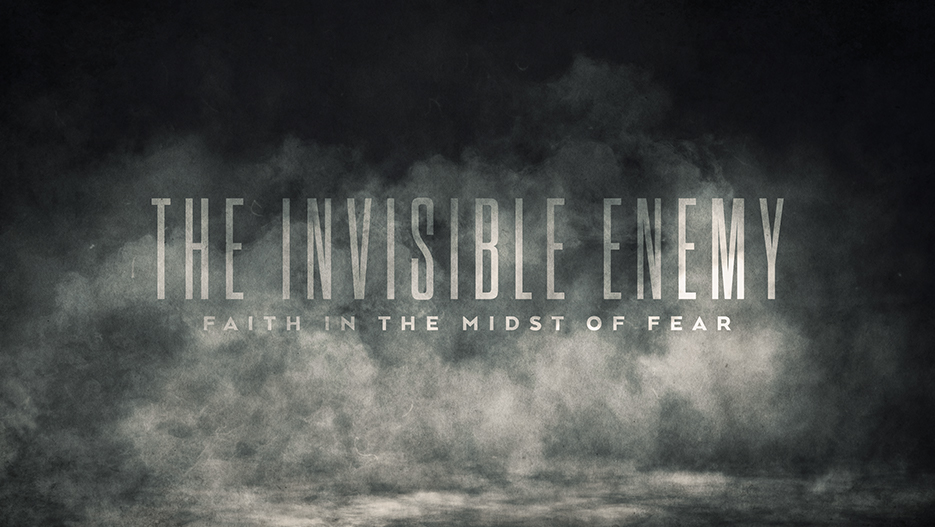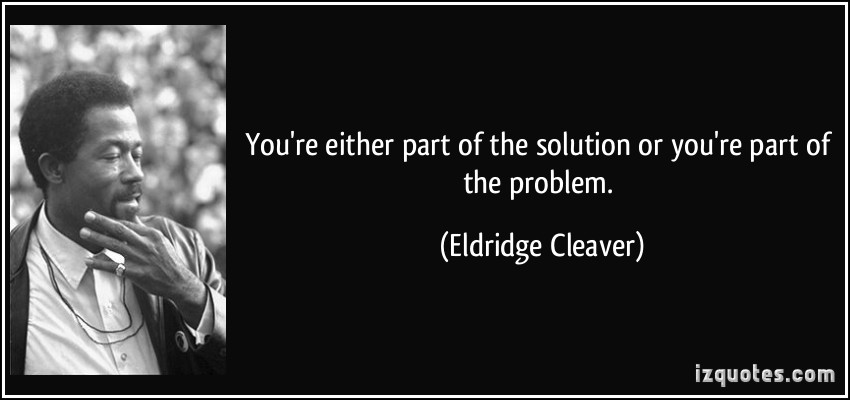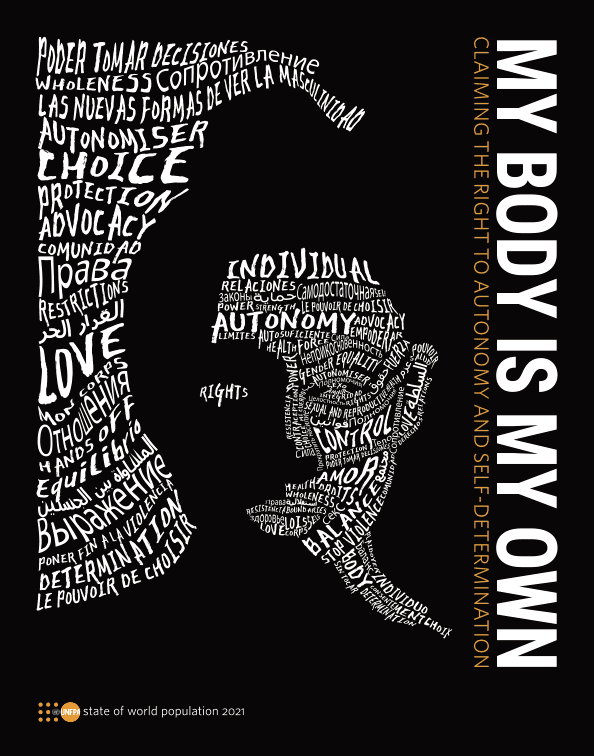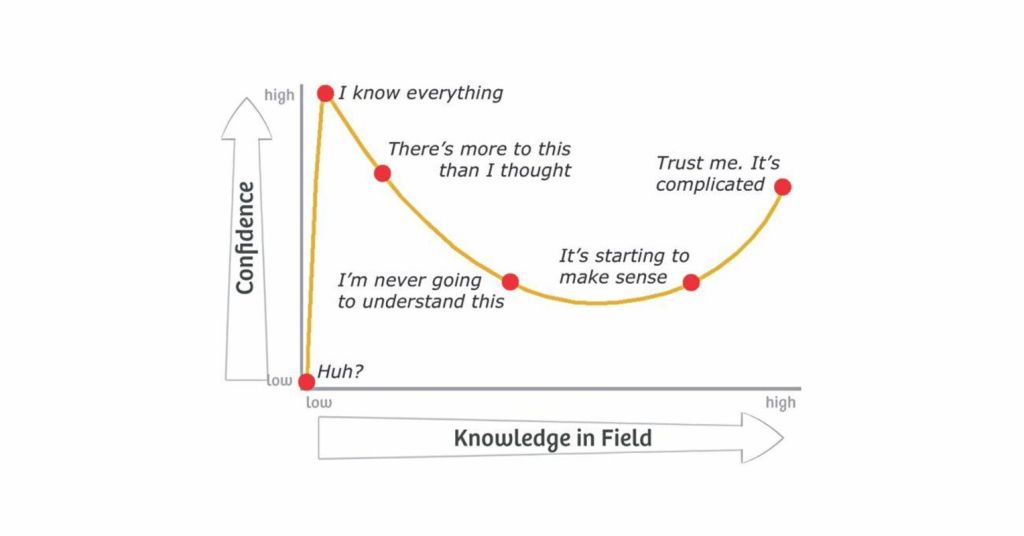(Introduction: I’ve never before posted anything here that I didn’t write myself. Today, however, I offer an essay I found in Slingshot #133, by “Crow.” I love Slingshot, and I’m always glad to see it, but especially now, and I hoped this new issue offered some anarchist perspective on the current pandemic crisis, which it did. This piece by “Crow” resonated strongly with me, and I think it puts our current situation in clear focus, so I’ve reprinted it without permission.)
It has been a dizzying whirlwind of a year. It’s hard to know what to think these days. I find myself questioning if the political analysis that I had pre-pandemic is still relevant. Clearly when times change, it is necessary to adapt, but how.

We must reaffirm our core values. Anarchism is the philosophy of freedom. It is predicated upon voluntary association, mutual aid, and the belief that there is a symbiosis between the freedom of the individual and the health of the collective.
And here we must get into a question that has been gnawing away at me for several months. Why have anarchists been so silent in the face of government lockdown orders and related arbitrary rules approaching martial law across the world? Even though the lockdowns are ebbing now, they could come back. Aren’t radicals defenders of civil liberties such as the freedom of assembly and privacy? Yet, until recently, there seemed to be a taboo against radicals criticizing measures justified in the name of Public Health. Almost the only people protesting lockdowns were right wingers.
Thankfully, that is now changing. In Quebec, home to a fierce anarchist tradition, it took the imposition of curfew before anarchists reached the point of organizing, but I am happy to report that radicals in Quebec are now taking to the streets. There have now been two anti-curfew demonstrations organized by anarchists. I hope that it will lead to further dialogue about the path forward for a resistance movement in the age of COVID, for the old world is behind us.

Social media platforms are scrubbing their platforms of information deemed to be contrary to the recommendations of Public Health. This type of censorship works to create a type of groupthink by making criticism of lockdown measures seem like an extremist ideology, by placing it outside the bounds of what is acceptable to say.
We need to question authority. We need to ask ourselves: What is Public Health? What is justifiable in the name of Public Health and what isn’t, and who gets to decide? What is really implied by the term “Public Health”? Often, it seems to suggest that individual wishes, needs and desires must be subordinated in the interest of a greater good. Who determines this greater good? The state, of course.
I believe that human beings want to be free. However, there is one thing that most people value over freedom. That is safety. That is why, when a regime wishes to gain the compliance of a population for nefarious purposes, such as war, they focus on making people afraid. This is basic. The War on Terror was accompanied by a massive effort in fear-mongering propaganda. The US government issued daily color-coded “Terror Level Alerts” as part of the mobilization of support for the invasions of Afghanistan and Iraq. This fear was accompanied by propaganda promoting patriotism, justifying an invasion of another country in the name of freedom. Is it such a stretch that a modern-day propaganda machine could have people believing in and supporting totally untrue things? Whenever the media is clearly pumping fear into the public, the natural question should be: “For what purpose are they spreading fear? What do they want the public to believe?” When we ask ourselves those two questions, we can operate with another assumption, that the thing they want the public to go along with is not something the public would normally support.

Every day, we are told over and over again how dire the situation is. We are essentially being told that we are under attack. The only difference is that our enemy is not a foreign power but a force of nature, a virus, an invisible enemy.
It is clear that some people are more at risk than others, and of course we should respect the boundaries of those who have a different level of risk assessment than we do, always basing our ethics in these matters on principles of consent, self-determination, and respect of the bodily autonomy of each person. We need to talk about these things and decide our own ethics about them, rather than reflexively reproducing the dominant narrative being promoted through mainstream media.
We need to reject the logic that we need to be protected from ourselves. To accept this logic is to accept defeat. If we accept the logic that the information we have access to must be controlled, we are accepting the logic that we must be controlled. The state would have us believe that it has our best interests at heart, and that it is manipulating us for our own good, in the name of Public Health.
This pandemic points towards some very big question for society in general. Society is being radically transformed. Who are the winners and losers? Which corporate interests and which segments of society are most adversely affected? Some of the questions are not just political, but spiritual. For example, is Western society pathologically death-phobic? Throughout human history, society has dealt with the natural human fear of death through spirituality practices, philosophy, and theatre such as funerary rituals.
Do we need a grand narrative within which we can understand our own mortality? Is our lack of such a narrative making us behave irrationally? Today it seems like the constant stimulation of electronic media is distracting people from understanding the meaning of life, which is the natural antidote to the fear of death. Some from the tech world, drunk on the power of their privilege, dream of overcoming death through biohacking and nano-technology, but this search for immortality is an ancient folly.
So, I would propose that the conversation around COVID needs to go beyond its current obsession with “saving lives” and focus on the larger question of how to live and to die well in a world where death is an inevitability. I hope we will all agree that there is more to life than just being alive. This is not just an individual question, but a question for society, because if we don’t want our elders dying terrible deaths in nursing homes, we’ve got to do some soul-searching… because if our ideal society doesn’t involve the state, it means that people like you and I will have to provide for people who have gotten too old to live independently. And this is a topic about which anarchists over the past few decades have been mostly silent, an oversight we must now address. Are we including elders in our imagination when we think about the autonomous communities and neighborhoods that we desire to bring into being? Because if we aren’t, we are part of the problem.
In the end, though, I think that the crisis is a spiritual crisis. We all die, and until we make peace with that fact, we will desire a freedom that will remain out of our grasp. There are many important questions raised by the current crisis, which we cannot afford to leave to the domains of governments and corporations.
Don’t believe the hype. Governments lie, politicians lie, the media lies, and corporate executives lie. If we want to know what constitutes appropriate action in the context of a pandemic, then we need to understand what the risks are and how to mitigate them. To do that, we should seek out the best available information. There are tons of medical studies regarding lockdowns and related subjects that you can check out online. A year ago, we didn’t have a lot of information about COVID. Now we do, and the picture that has emerged is clearer than the media would have you believe. Lockdowns are not justifiable in the name of public health, and we should oppose them as fundamental violations of our autonomy.
Stay Safe, Stay Sane, Smash the State & Get Free!


